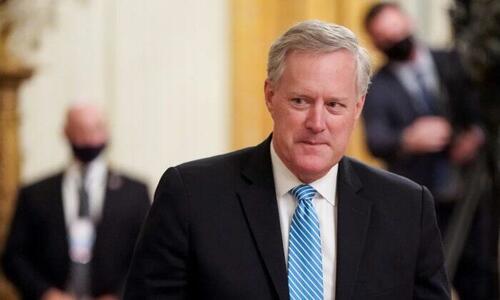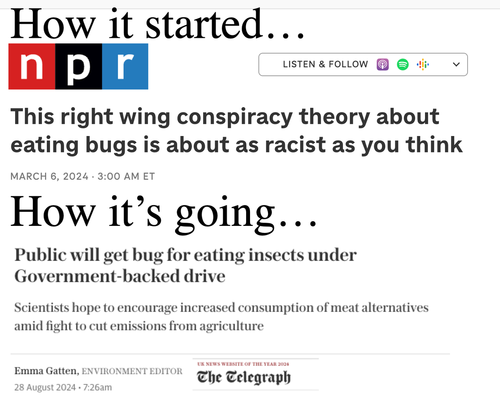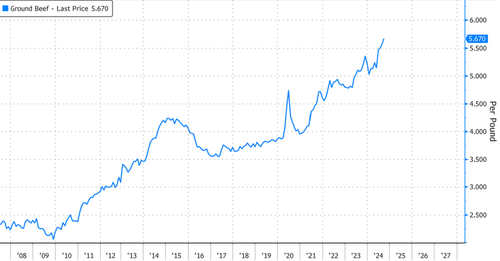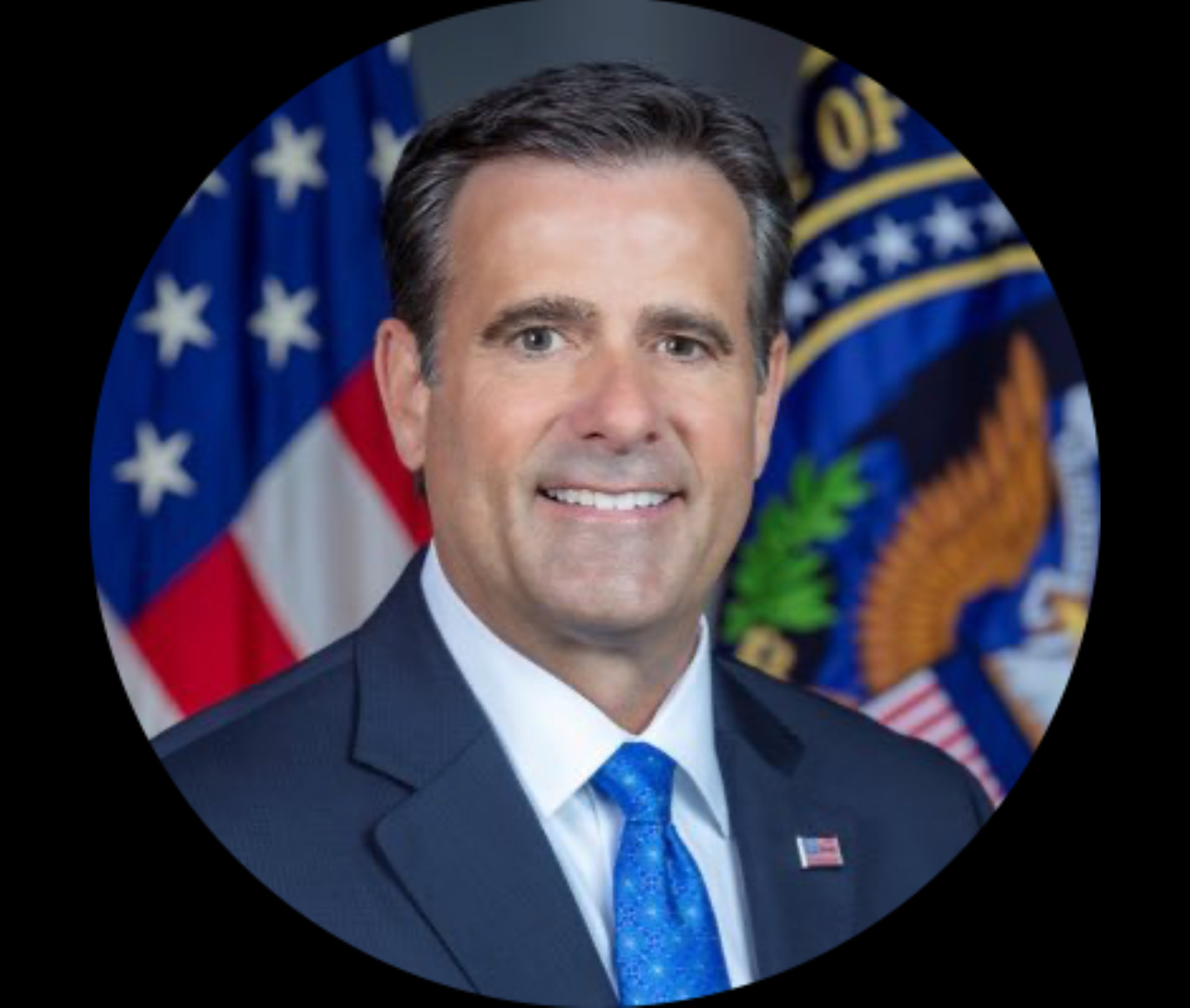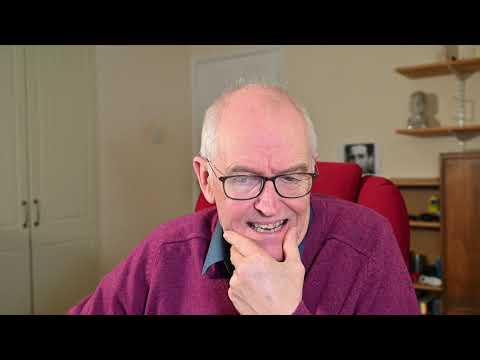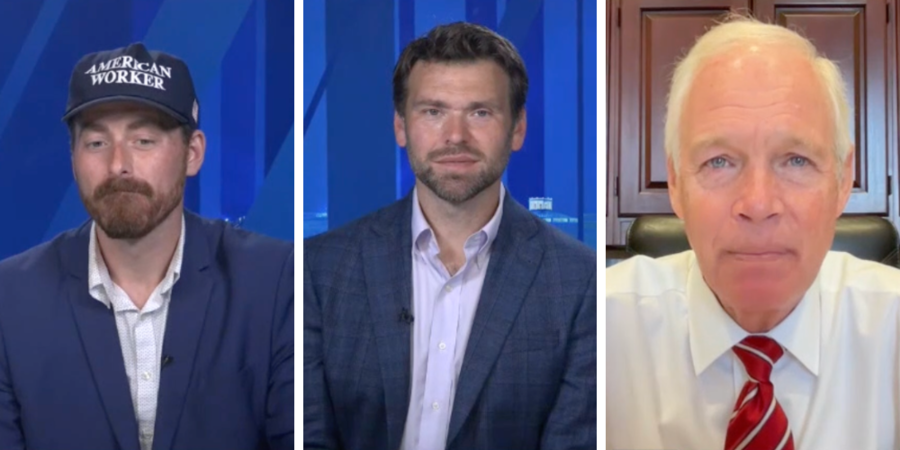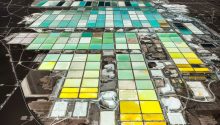
by Lorenzo Maria Pacini, Strategic Culture:
There are moments in History that are characterized by a strong economic component, so predominant that we are said to be facing a revolution, passing through the ever dramatically present moment of war. Since the end of the 19th century that the world has been witnessing wars over oil; now, however, we have been a few years into those over rare earths, among which lithium, a mineral indispensable for smartphones and especially electric cars, plays a privileged role.
TRUTH LIVES on at https://sgtreport.tv/
Foreign Office documents, examined by a British historian and journalist, show that the UK organized from top to bottom the overthrow of President Evo Morales in order to seize Bolivia’s lithium reserves. Nothing new under the sun: the U.S.-Great Britain axis has been dirty business for centuries already, and this is hardly the first planned subversion or export of democracy by bombs and coups.
Think back for a moment to the overthrow of President Evo Morales, all the way back in 2019: at that time the Western media asserted that Morales had turned Bolivia into a dictatorship and for that reason the people threw him out. The Organization of American States (OAS) published a report certifying that the elections had been rigged and that the restoration of democracy was taking place. President Morales, fearing that he would end up like Chilean President Salvador Allende, fled to Mexico and denounced a coup d’état, organized to hoard the country’s lithium reserves. Having failed to identify its instigators, he got nothing but sarcasm in the West. Only Réseau Voltaire revealed that the operation had been carried out by a community of ustascia Croatian Catholics, settled in Bolivia – in Santa Cruz – since the end of World War II, a kind of NATO stay-behind network, as it is called in the jargon. A year later, President Morales’ party won the elections by a very wide margin. There were no challenges and Morales was able to return triumphantly to his homeland. Morales’ supposed dictatorship never existed, while that of American lover Jeanine Áñez was overthrown by the ballot box.
Historian Mark Curtis and journalist Matt Kennard obtained access to desecreted Foreign Office documents and studied them, publishing their findings on the website Declassified UK, which moved to South Africa after being subjected to military censorship in the UK-again nothing new, it is now the practice of democratic “free expression.” Curtis’ merit is that he has shown how UK policy has not changed at all since decolonization: it emerges that the overthrow of President Morales was commanded by the Foreign Office itself and elements of the CIA that escaped the control of the Trump administration, with the goal, as mentioned above, of stealing Bolivian lithium, coveted by the UK as part of the energy transition. As early as 2009, the Obama administration attempted a coup, but Morales succeeded in foiling it and many U.S. diplomats and officials were expelled from Bolivia. The Trump administration, on the other hand, has seemingly left the field open to Latin American political leaders, yet systematically prevented them from implementing their plans.
But what is so interesting about lithium? Simple: it is an essential element of batteries, and in a world where we push beyond hyper-digitization and technological hybridization of daily life, lithium means money and power. This metal is found mainly in the natural salt solutions of lakes in the Andean desert highlands in Chile, Argentina and, in particular, Bolivia (the “lithium triangle”), as well as in Tibet in salares, also found in solid form in certain minerals extracted from Australian mines. At the technical level, it is indispensable for the transition from gasoline to electric vehicles, and with the Paris agreements to combat atmospheric warming, it has become more important than oil in perspective.
In February 2019, President Morales authorized a Chinese company, TBEA Group, to exploit the country’s main lithium reserves, and it was then that the United Kingdom hatched a plan to appropriate it. Morales became president of Bolivia in 2006, politically partly representing producers of coca, a local plant essential to life at high altitude. Morales’ election thus marked the return to power of the Indians, excluded since the era of Spanish colonization, over a trade of very high international value.
In this regard, Thierry Messian summarized some of the milestones of the lithium race:
- From 2017-2018 the UK sent experts to the national company Yacimientos de Litio Bolivianos (YLB) to assess the conditions for exploiting Bolivian lithium.
- In 2019-20 London funded a study to optimize lithium research and production in Bolivia by means of British technology.
- In April 2019, the U.K. Embassy in Buenos Aires organized a seminar with representatives from Argentina, Chile, and Bolivia, as well as mining industry and government leaders, to present the benefits they would gain from using the London Metal Exchange. A minister from the Morales administration also attended.
- Soon after the coup, it emerged that the Inter-American Development Bank (IADB) was financing the British projects.
- Long before the coup, the Foreign Office commissioned an Oxford company, Satellite Applications Catapult, to prepare a map of lithium reserves; however, the company was not paid by the IADB until after Morales was toppled.
- A few months later the U.K. Embassy in La Paz organized a seminar attended by 300 players in the lithium supply chain, with the assistance of the company Watchman UK, which specializes in engaging populations in projects harmful to them in order to prevent them from revolting.
Before and after the coup, Bolivia’s British Embassy neglected the capital, La Paz, to take a special interest in the Santa Cruz region, the one where the Croatian Ustashas legally took power, as cultural and commercial events flourished. Eight months before the coup, in order to neutralize Bolivian banks, the British Embassy scheduled a seminar on cyber security, where they introduced the company DarkTrace, created by the British Internal Security Services, and explained that only banking institutions that would use its services for their own security would be allowed to operate with the City.
According to Curtis and Kennard, the United States did not participate directly in the plot against Morales, however, CIA officials left the agency to organize it. A planned “betrayal”? That is not certain, while it is common knowledge that DarkTrace recruited Marcus Fowler, a CIA specialist in cyber-operations, and especially Alan Wade, a former intelligence chief, from among its ranks, forming a team that has very little to do with “banking.” Then again, most of the personnel who took part in the operation were British: among them Watchman UK managers Cristopher Goodwin-Hudson (former career military man, later director of Security at Goldman-Sachs) and Gabriel Carter (a member of the very private Special Forces Club of Knightsbridge, who distinguished himself in Afghanistan).
Read More @ Strategic-Culture.org
Originally Posted at https://www.sgtreport.com

